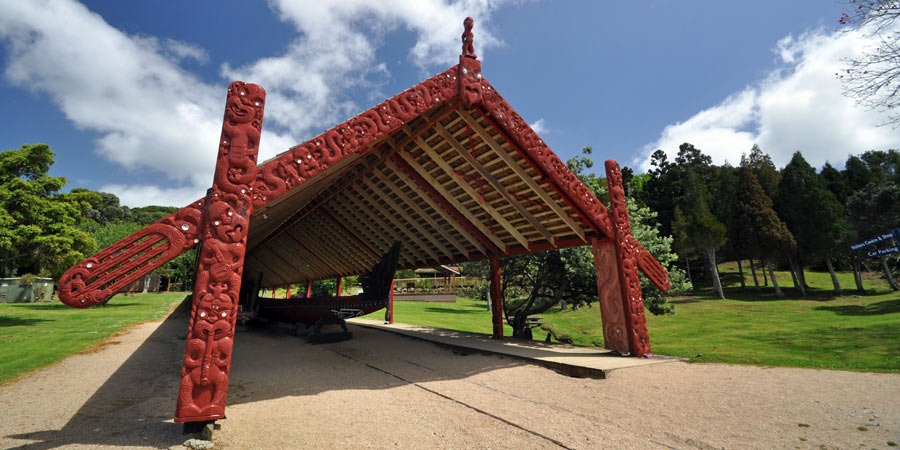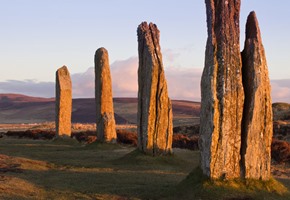Waitanga Day has been celebrated in New Zealand, and countries around the world where ex-pat Kiwis have settled, (if you've ever been in any pubs along London's circle line the weekend before February 6th and noticed a number of grey bearded wizards and hobbits, then this is why.) since 1840 and marks the signing of the Treaty of Waitangi, seen to many as New Zealand's answer to America's Constitution or England's Magna Carta.
To understand the importance of this founding document to New Zealanders past and present, we need to travel back in time to the mid-19th century, when New Zealand was only home to a population of only 127,000 people, around 125,000 indigenous Māori and 2,000 European settlers who began to profit greatly from the abundant resources the country provided. As with many colonisations, the newcomers weren't paticualrly respectful of the original incumbents, and to help protect their land many Māori chiefs sought help from England's King William IV due to the strong trading relationship that had formed with Britain.
In the meantime, more and more British immigrants were arriving on Antipodean shores, causing tensions to grow. Of course the UK didn't want to lose the wealth of new natural reserves New Zealand was rich in, so the British government came to what they thought was a reasonable compromise. They negotiated a treaty that formally embraced New Zealand as a British Colony, ruled over by our reigning sovereign. There were other important articles that included the right of Māori chiefs to retain their land and status, but only allowed them to sell their land to the British monarch. The Māori people were awarded honorary British citizenship, meaning they were afforded the same rights as British subjects. This contract didn't clear up issues completely though, far from it. And because it was presented in both the English and Māori languages, issues of translation have surfaced repeatedly over the decades with Māori descendants believing they only agreed to let the British settle on their land, but which Britons interpreted to mean they were handing over all rights to their ownership.
The treaty itself was signed between the British and the country's largest tribe, Ngāpuhi, at Waitangi in the Bay of Islands in the presence of 43 Northland chiefs, it was then toured around the country over the course of a further eight months, collecting a total of 500 signatures. Despite this however, the 1840s and 60s were plagued with conflicts known as the New Zealand land Wars, and for much of the 20th century sporadic disputes erupted between natives and foreign settlers, with many questionable land deals taking place during this time. As the century progressed, the situation settled down - but to many sceptics this was only because the majority of property by this point was no longer owned by the Māori.
It wasn't until 1975 that a committee was set up to examine the disparity of events from this period in time, and though it couldn't entirely ameliorate what occurred or set the record straight, it did at least begin to award the families of Māori tribespeople compensation for the unfair treatment their relatives were subjected to.
Now, this may all seem like an event there isn't much pride to be taken or one likely to be celebrated annually as a national holiday, with residents attending special music festivals, enjoying good food and drink as well as traditional kite flying festivals. And it has long been a source of acrimony within the country. But it seems that this year New Zealand has begun to embrace the past, and far from trying to rub the slate clean it is now seen as a time for the ancestors of those effected to come together and honour their shared stories. In fact, 2018 appears to have been a particularly poignant turning point with New Zealand's newly elected prime minister, Jacinda Ardern, making an effort to acknowledge the reality of what this day represents. 1,500 people attended the commemorations held on the site of the treaty's signing itself, and any sense of the unrest that has made an appearance on previous occasions was notably absent. Respect for historical grievance seems to have gone a long way in starting to knit together old wounds.





